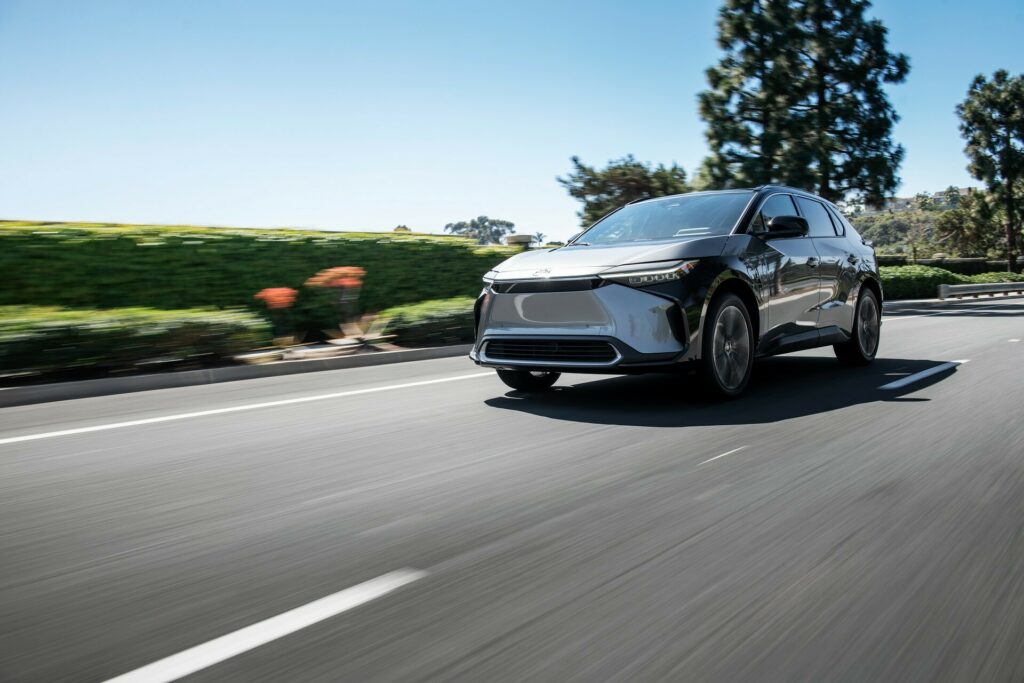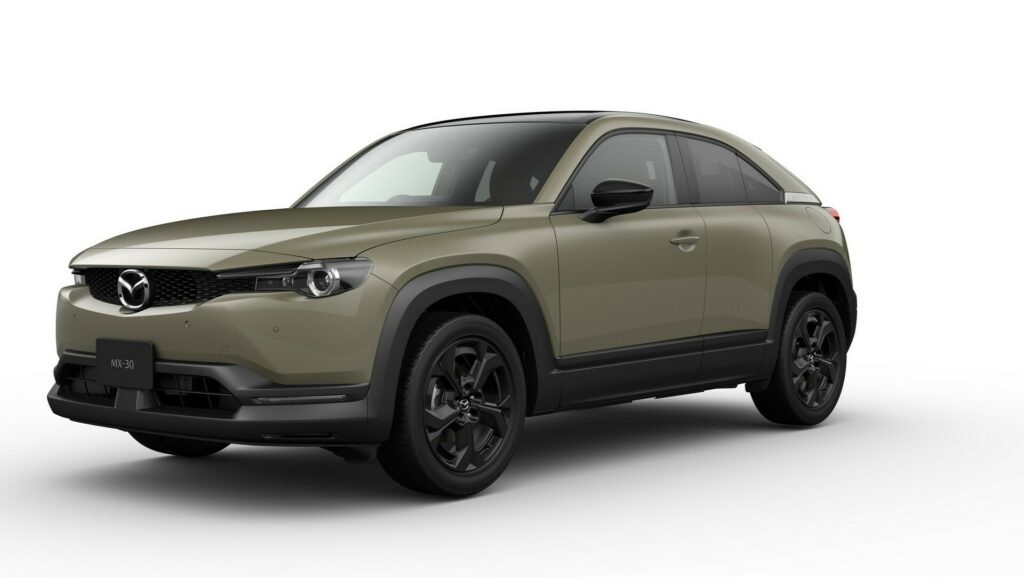- Electric vehicles in Japan have plunged by 33 percent in 2024 and account for less than 2 percent of all new car sales.
- Although this is the first decline in four years, brands like BYD and Hyundai seem to be making strides in the EV marketplace.
- Hybrids are the flavor of the moment for Japanese consumers, but global trends suggest that EVs will continue to rise in popularity.
Sales of EVs around the world have been somewhat inconsistent in 2024. While the US and China recorded strong growth, countries in Europe have reported slowdowns, with German sales crashing by 28 percent and Australia reporting similar declines.
Now it seems it’s Japan‘s turn, as in 2024, electric vehicle sales plummeted by a staggering 33%, marking the first decline in four years. With just 59,736 units sold, EVs now account for less than 2% of all vehicle sales in the country – an eyebrow-raising contrast to overall global markets where sales rise, albeit, in some of them, not at the rate initially anticipated by many automakers.
See Also: Carlos Ghosn Claims Japan Forced Honda Into ‘Desperate’ Nissan Merger Talks
A report from Nikkei Asia tells us that Nissan Motor, which dominates half of the country’s EV market, suffered a massive blow. Sales nosedived by 44% to 30,749 units – the lowest since 2021. Toyota didn’t fare much better. Despite a modest 10% bump in sales of its bZ4X (a pricey proposition starting at 5.5 million yen, or $34,755), the automaker’s overall EV sales dropped by 30%. Meanwhile, Mitsubishi Motors recorded a shocking 64% drop in EV sales, while the Honda e was axed and won’t get a successor.
The Reasons Behind Japan’s EV Slump
So what caused EVs to plunge last year? The key reason is hybrids. Japan remains loyal to its hybrid vehicles, which offer fuel efficiency without the higher price tag of EVs. Combined with the limited infrastructure, many consumers still aren’t sold on going fully electric.
Meanwhile, foreign automakers have been quick to spot opportunities in this underperforming market. BYD, the Chinese EV powerhouse, posted a 54% increase in sales, driven by the success of its Seal sedan and the affordable Dolphin EV, starting at just 2.99 million yen.

While BYD still trails local giants like Nissan, its sales are now 40% as high as Tesla’s, which remains the top imported EV brand in Japan. South Korea’s Hyundai also made headway, with EV sales climbing 24% thanks to updates to its Ioniq 5 lineup and plans for a smaller, budget-friendly EV in 2025.
What’s Next for Japanese Brands?
Japanese automakers may have been pioneers in hybrid technology, but their sluggish response to the EV boom is proving costly. Foreign brands are stepping in to fill the gap, both locally and worldwide, capitalizing on price-conscious buyers and offering models that are competitive in both cost and tech.
For now, hybrids continue to dominate Japan’s roads, but the winds of change are blowing. As EV sales were up 25% up globally in 2024 vs 2023 and are projected to rise by 30% this year, while at the same time international players like BYD and Hyundai push harder, Japanese brands may need to rethink their strategy, or risk being left in the rearview mirror.





